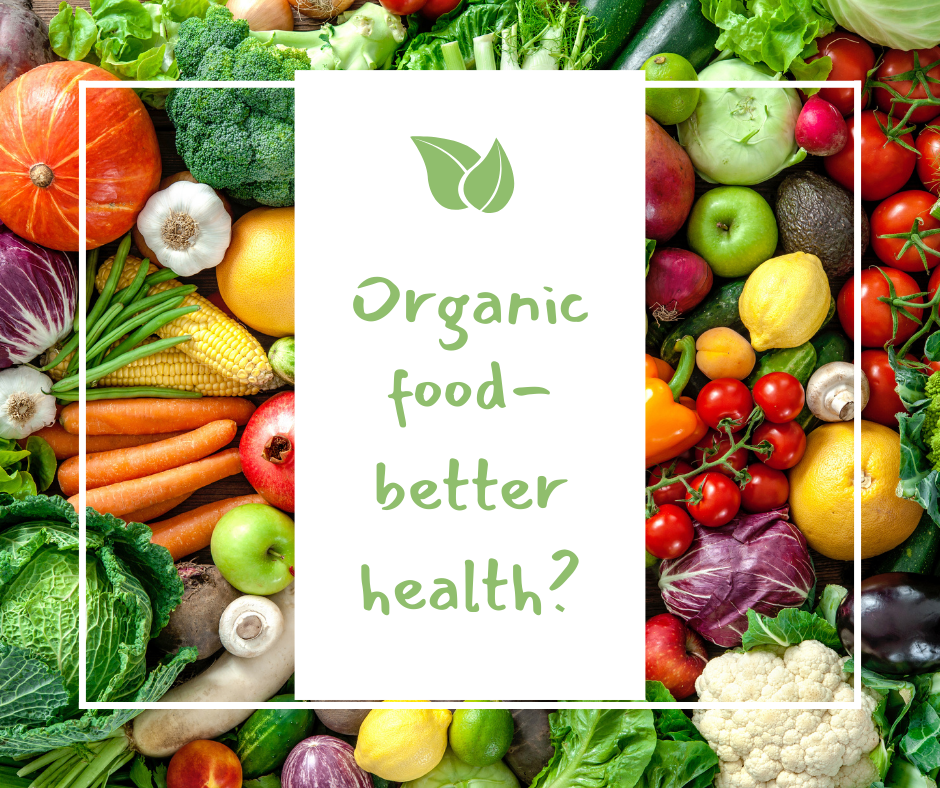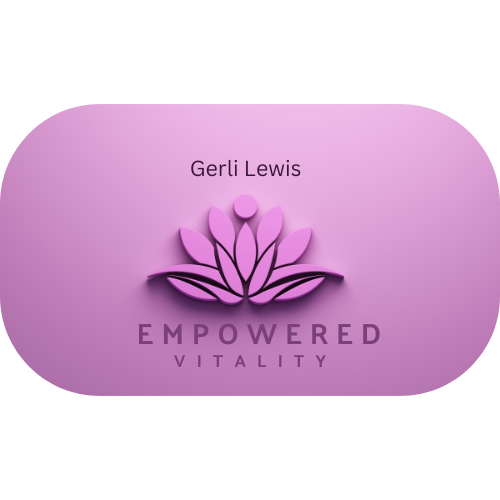Your cart is currently empty!
Is It Really Important to Make Sure Everything We Buy is Organic?

In today’s health-conscious world, the term “organic” has become a household staple. Many people now believe that eating organic foods is healthier, safer, and more environmentally friendly. But with organic products often carrying a higher price tag, many consumers are left wondering:
Is it really necessary to make sure everything we buy is organic?
Let’s explore the benefits, limitations, and some practical considerations when deciding whether to go fully organic or adopt a balanced approach.
The Benefits of Organic Foods Organic foods are grown without synthetic pesticides, herbicides, or fertilizers and are non-GMO (not genetically modified). Organic farming focuses on environmentally sustainable practices, like crop rotation and composting, which protect soil health and reduce pollution in nearby water systems. Here are some of the main benefits:
1. Fewer Pesticides and Chemicals: One of the primary reasons people choose organic is to avoid synthetic pesticides and chemicals commonly used in conventional farming. While conventional foods are regulated to ensure pesticide levels remain safe, reducing exposure to these chemicals could be beneficial in the long run, especially for vulnerable populations like children or pregnant women.
2. Higher Nutritional Value: Some studies suggest that organic fruits and vegetables may contain slightly higher levels of certain nutrients, such as antioxidants, compared to their non-organic counterparts. These nutrients play a key role in reducing inflammation and supporting overall health.
3. Better for the Environment: Organic farming practices are designed to enhance soil health and promote biodiversity. They reduce pollution, conserve water, and require less energy. By choosing organic, you support farming practices that aim to have a lower impact on the environment.
4. Animal Welfare: Organic animal products, like meat, eggs, and dairy, often come from farms where animals are raised in more humane conditions without antibiotics or growth hormones. This may resonate with individuals who prioritize animal welfare.
The Downsides of Going Fully Organic:
While there are clear benefits, buying everything organic may not be feasible or necessary for everyone.
Here’s why:
1. Higher Costs: Organic foods tend to cost 20-50% more than their conventional counterparts. This price difference can add up quickly, making it challenging for families or individuals on a tight budget to afford a fully organic lifestyle.
2. Availability and Variety: Not all foods are available in organic form, especially in certain areas. This can limit your choices and make meal planning a bit more challenging.
3. Misconceptions and Label Confusion. Some people assume that anything labeled “organic” is automatically healthy, but organic doesn’t mean low-calorie, low-sugar, or low-fat. Processed organic foods like cookies or chips are still treats. It is recommanded to only consume in moderation.
4. Environmental Impact Isn’t Always Better. Organic farming, while generally better for local ecosystems, sometimes has a larger carbon footprint, especially if organic foods are imported from far-off locations.
Practical Tips:
When to Prioritize Organic If buying everything organic isn’t practical or affordable? Here are some suggestions on where to focus your efforts for the best impact on health and the environment:
1. The Dirty Dozen and Clean Fifteen. The Environmental Working Group (EWG) releases annual lists of produce items with the highest and lowest levels of pesticide residues. The “Dirty Dozen” highlights the fruits and vegetables that are best to buy organic. The “Clean Fifteen” lists produce that tends to have low pesticide levels, even when conventionally grown. This can help you make cost-effective, safer choices.
2. Prioritize Animal Products. Animals higher on the food chain can accumulate more toxins. Prioritizing organic meat, eggs, and dairy can help reduce exposure to chemicals. Plus, buying organic supports better animal welfare practices.
3. Consider Organic for Young Children: Children are more vulnerable to pesticides due to their developing bodies. Choosing organic, especially for certain fruits and vegetables, may offer added peace of mind for parents.
4. Look for Local Options. Local farmers’ markets offer affordable, fresh produce that’s often grown organically, even if it isn’t labeled as certified organic. Chat with the farmers and ask about their practices; many small-scale farms use organic methods without formal certification.
A Balanced Approach:
The decision to go fully organic or not is personal and should be based on your values, health priorities, and budget. Organic foods can be a great choice for reducing exposure to certain chemicals and supporting environmentally-friendly practices. But a balanced approach can also be effective. Remember, eating a diet rich in fruits, vegetables, whole grains, and lean proteins is one of the best ways to support your health! Whether or not everything you eat is organic.
Final Thoughts In conclusion:
While choosing organic foods can be beneficial, it’s not a necessity for everyone. By selectively buying organic for specific foods and prioritizing fresh, unprocessed ingredients, you can enjoy a healthy, balanced diet without straining your budget. The key is to make informed choices that work for your lifestyle and health goals. Whether you go fully organic, partially organic, or choose conventional foods, a mindful approach to food is always a step in the right direction.
